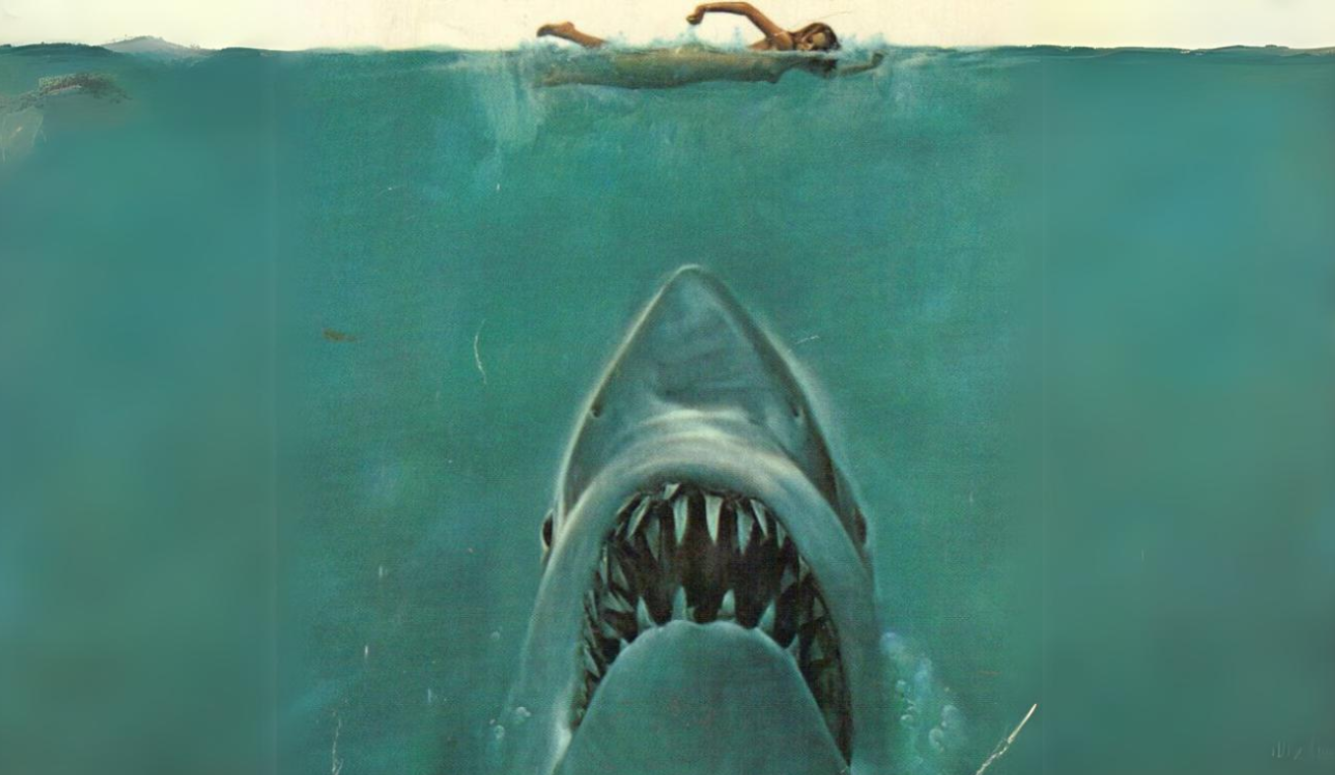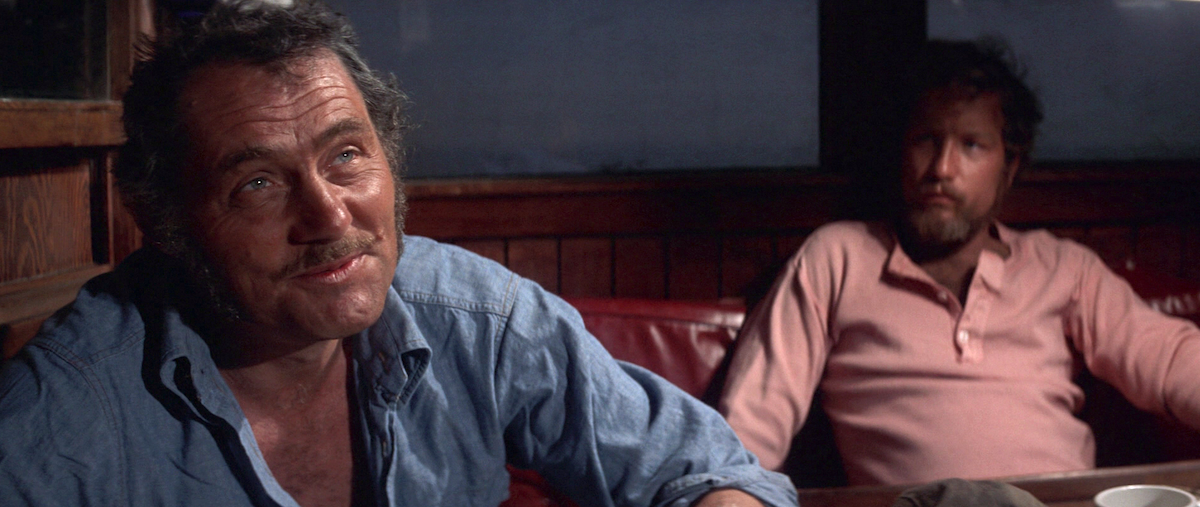
I.
Next year, when Steven Spielberg’s 1975 movie Jaws celebrates its 50th anniversary, it will no doubt be hailed as the film that invented the summer blockbuster, the first classic to be directed by a Baby Boomer, the first movie to be largely shot on the ocean, and the first in which the musical score was practically a major character. It significantly altered the way that Hollywood would henceforth promote films (heavy TV advertising), and it caused studios to seek out numerous similar projects—high-concept action films that often included non-human monsters. But before Jaws became forever associated with Spielberg, it was a hugely successful novel written by Peter Benchley. Nowadays, the film is still highly regarded while the novel, if not forgotten, is no longer much appreciated.
The novel was published on February 1st, 1974, although its 50th birthday party isn’t likely to be terribly extravagant. Benchley died in 2006 at the age of 65, and his cultural footprint is nowhere near as large as Spielberg’s. His biography is also quite different. Spielberg is a Jew who grew up primarily in Phoenix, Arizona. A mediocre student, he dropped out of Cal State Long Beach in the late 1960s and rapidly established a reputation as a cinematic wunderkind. In 1968, when he was only 21 years old, he signed a seven-year contract to work as a director for Universal Studios. Benchley was born in 1940, six years before Spielberg, and he came from a New England family that had been in America since its days as a British colony. His ancestors were largely members of the so-called “frozen chosen”—stiff-necked WASPs who were prominent in government, business, and society.

Benchley’s great-great-grandfather, Henry Wetherby Benchley (1822–67), served as lieutenant governor of Massachusetts and helped to establish the Republican Party. Peter’s grandfather was Robert Benchley, a co-founder (along with friends such as Dorothy Parker and George S. Kaufman) of the famous Algonquin Roundtable. Robert Benchley became one of the New Yorker’s first breakout stars, publishing roughly a column a week for the magazine throughout the 1930s. Peter’s father, Nathaniel Benchley, was also a successful writer and penned everything from naval thrillers to children’s books. His 1961 novel, The Off-Islanders, was adapted by Norman Jewison into the hit 1966 film The Russians Are Coming, The Russians Are Coming. It was the sixth highest-grossing film of the year and was nominated for a Best Picture Academy Award.





